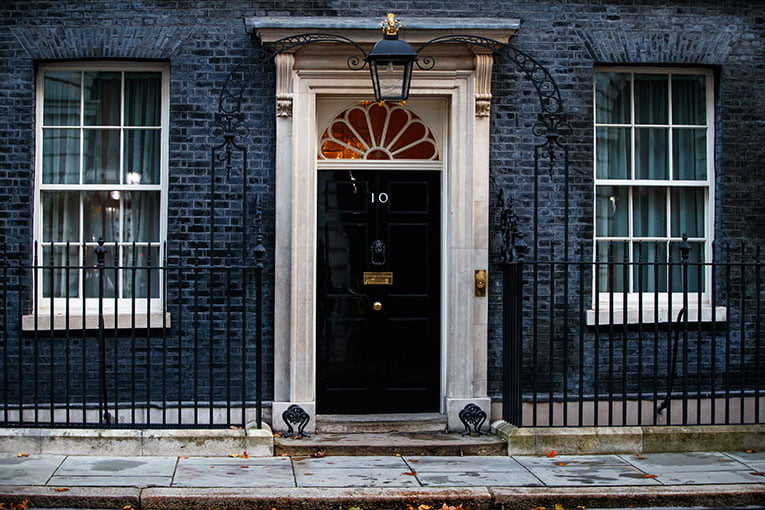70% of landlords expect there to be further government intervention in the private rental and buy-to-let sectors during 2020, according to new research from Foundation Home Loans.
Of those landlords who anticipate further government action, 73% believe it is either quite, or very, likely this will mean the introduction of minimum tenancy terms, while the same number think action is likely in the HMO and multi-unit block sector. 72% of landlords think individual licensing for all landlords and their properties is likely, while 38% can envisage a rental cap for private rental properties being introduced.
The landlord research – undertaken by BVA BDRC and carried out in January 2020 with the results based on 791 online interviews – also asked landlords their views on how supportive of a rental cap they were. 77% were not in favour, 12% said they may be in favour, 2% definitely supported such a measure while 9% didn’t know.
When asked what action they would take should any cap on rents be introduced in the PRS, 35% said they would immediately increase all rents to the maximum rent allowable, 33% said they would consider selling some of their portfolio, 20% didn’t know, while 19% would either look at leaving the PRS or at other assets for their investment. 10% said they would do nothing.
Despite the large numbers of landlords anticipating further interventionist measures from the new government, overall respondents tended to be neutral on whether December’s General Election result would be either positive or negative for them. 26% thought positive, 28% thought negative, while 38% thought neither. However, landlords who held more properties within their portfolios were more likely to be positive about the impact.
When asked why they might feel positive or negative, those citing the former suggested there was now more certainty with regard to Brexit, it was positive that the Labour Party had not won and the Conservative Party were traditionally more ‘friendly’ to landlords; while those who felt negative worried about the abolition of ‘no-fault’ S21 evictions, increased legislation, or ‘anti-landlord’ policies being introduced.
The issue of abolishing S21 evictions was a major concern with 53% of landlords saying they would feel less confident about their portfolios if this was introduced, while 30% said it would make them feel slightly less confident. 34% said they would be unlikely to buy any further properties, 33% would consider exiting the sector, while 31% said they would consider reducing the size of their portfolios.
Overall, there is however a greater degree of landlord optimism than in previous iterations of the research – the metric used to show this is up for the first time in over a year, while 25% reported tenant demand had increased from the last quarter, with those landlords who own 11-plus properties now much more positive on rental yields and the financial market as a whole. Those with more than six properties were also much more positive about their own letting business.
Jeff Knight, director of marketing at Foundation Home Loans, said: “While many landlords look like they’re taking a ‘wait and see’ approach to this government and any anticipated intervention in the PRS and/or buy-to-let market, it’s also noticeable that many believe the status quo is unlikely to hold and there will be action of some kind.
“Interestingly, landlords appear resigned to the introduction of minimum tenancy terms, further action with regards to HMOs and MUBs and individual licensing. And while 38% think a rental cap might be likely, there is very little support for such a measure being introduced, and it will result in landlords having to take action around the rents they charge and whether they can hold onto all their properties.
“There is definitely a degree of uncertainty around what might be coming next, and I suspect many landlords are waiting for this month’s Budget before they make up their minds more fully on whether this is a government which will be more ‘friendly’ to landlords.
“Of those who think there will be intervention, 32% think stamp duty for landlords is just as likely to go up from its 3% extra charge level, as opposed to the 7% who think a cut is likely. In that sense, landlords appear to be bracing themselves for a Budget which may not be in their favour, rather than one which seeks to roll-back on the measures which have undoubtedly impacted on their profitability over the last few years.
“Clearly landlords do not want to see S21 evictions removed as an option for them, but at the same time there appears to be a growing level of confidence in their own businesses, especially for those who own larger numbers of properties. This perhaps taps into the move towards portfolio operators in the sector who can certainly benefit from strong lending options and a highly competitive mortgage market to help them meet their aims and ambitions for their businesses.”



